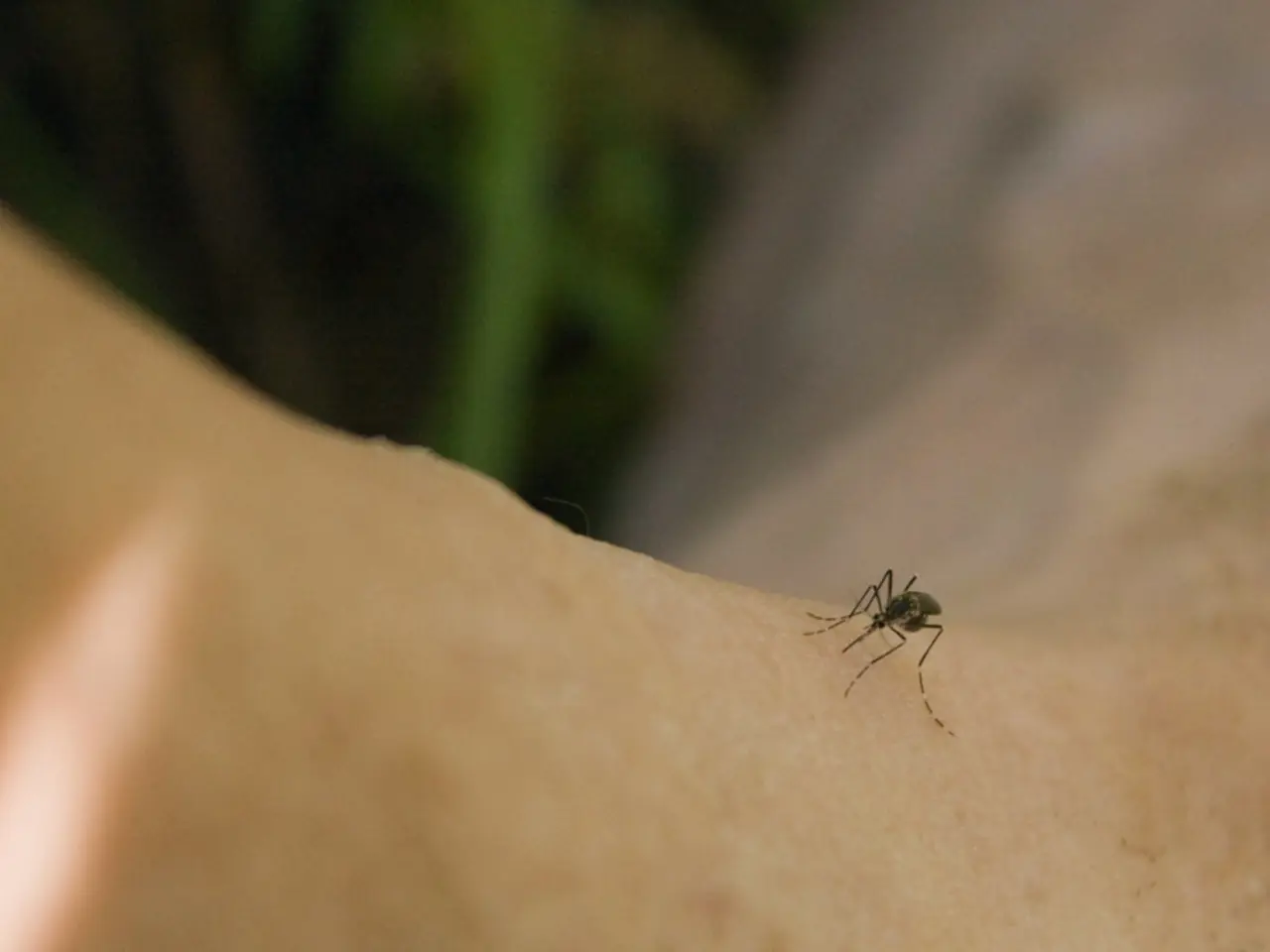Tulsa County Reports First West Nile Virus Cases of 2025
Tulsa County has reported its first human cases of West Nile virus (WNV) this year. The Tulsa Health Department (THD) has confirmed two cases, highlighting the need for residents to take precautions against mosquito bites.
West Nile virus is spread through the bite of an infected mosquito, which contracts the virus from infected birds. Humans, horses, and some other mammals can then be infected. The virus can cause sudden onset of fever, headache, dizziness, and muscle weakness. Long-term complications may include difficulty concentrating, migraine headaches, extreme muscle weakness, tremors, and even paralysis of a limb. Persons over the age of 50 are at greatest risk of developing severe neurologic disease from WNV infection.
THD works diligently to control mosquito populations during spring and summer. They spray over 800 square miles for adult mosquitoes each season and operate a mosquito surveillance program using traps to confirm the presence of WNV in the community. Residents can help by using insect repellent containing DEET, repairing or installing window and door screens, and preventing standing water from accumulating outdoors.
Two human cases of West Nile virus have been confirmed in Tulsa County this season. To protect against mosquito bites and potential infection, residents are urged to take preventive measures. If you notice a high number of mosquitoes in your area, you can call 918-595-4219 to file a complaint. The Tulsa Health Department continues to monitor and control mosquito populations to ensure the safety of Tulsa County residents.
Read also:
- Stephanie Estremera Gonzalez: From Medical Assistant to Residential Manager at The Point/Arc
- Impact of a Government Shutdown on Citizens
- Medical Specialist Based in Visakhapatnam
- Individuals in New York afflicted by Legionnaires' disease have legitimate legal entitlements. Here's some essential information on the matter.








